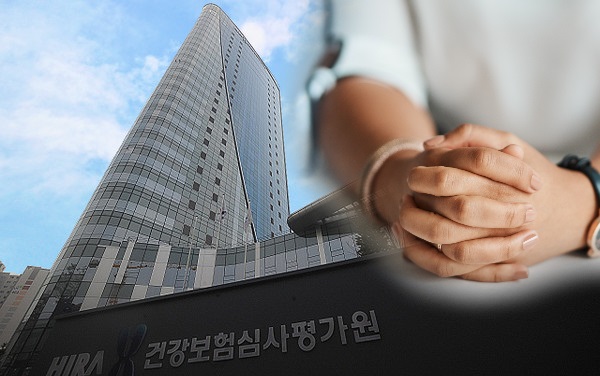Discussions on reimbursing the neurofibromatosis drug Koselugo (selumetinib), designated Korea’s first fast-track drug and approved by the Ministry of Food and Drug Safety, have been stalled for over two years.
At its eighth meeting earlier this month, Drug Reimbursement Evaluation Committee under the Health Insurance Review and Assessment Service (HIRA) deferred its decision on Koselugo and placed the agenda item on its “rediscussion” list.

The committee reportedly asked Koselugo's manufacturer, AstraZeneca Korea, to lower the drug's price with an additional financial sharing plan. The company offered a lower price than the lowest price in eight overseas drug price reference countries. Still, HIRA reportedly demanded an additional financial sharing plan.
AstraZeneca Korea is persuading its headquarters office while preparing to submit an additional financial sharing plan to resubmit it in September.
Fast-track review system 'useless' if it does not lead to reimbursement
Koselugo was the first drug designated by the ministry as a priority drug under the accelerated review system. It was designated the first drug in October 2020 and received approval on May 28, 2021.
It was recognized as a first-in-class treatment for patients with neurofibromatosis type 1 (NF1) with plexiform neurofibroma (PN), for which there was no existing treatment.
Plexiform neurofibromas usually affect about 30 percent and up to 50 percent of patients with NF1. They are more likely to occur with older age.
The problem is that plexiform neurofibromas can be systemic, meaning that the tumor continues to grow and become invasive to surrounding tissues, causing physical deformities and a significant change in appearance.
Depending on the tumor's location, it can also cause physical, psychological, and social damage to the patient, including speech and mobility problems and declining bladder and bowel function.
Koselugo is the only treatment option that reduces tumors, slows disease progression, and improves symptoms like pain in these patients.
However, the value of this innovation recognized by the regulator has not translated into reimbursement.
AstraZeneca Korea submitted its reimbursement application to HIRA soon after the approval of Koselugo in May 2021. Still, it suffered its first setback the following year, in March 2022.
This past January, HIRA raised hopes for an expedited benefit.
It added drugs "used in pediatrics for which there is no equivalent product or treatment in a therapeutic position and which demonstrates a clinically meaningful improvement in quality of life or is otherwise recognized by the committee" to the list of drugs eligible for exemption from submission of economic evaluation data, citing Koseluco as the example of such beneficiaries.
However, Koselugo's application for reassessment in April was rejected by the evaluation committee in August, failing to attain its goal of curtailing the review period.
Koselugo's clinical trial benefited 90 patients in Korea amid nearing deadline
The news of Koselugo's reconsideration by the committee has increased the concerns of medical professionals and patients.
Many Korean patients have benefited from Koselugo's treatment. The investigator-initiated clinical study of Koselugo conducted by Asan Medical Center (AMC) has treated more than 90 patients since the drug was approved.
However, the investigator-led trial expires this year, and whether Korean patients in the study will continue to benefit is unclear. AMC researchers have requested an extension to AstraZeneca's headquarters. Still, it is unclear whether they will be granted a second extension, as the deadline has already been extended once.
All this explains why all eyes of doctors and patients are on Koselugo's reimbursement, which will be resubmitted to the committee next month.

